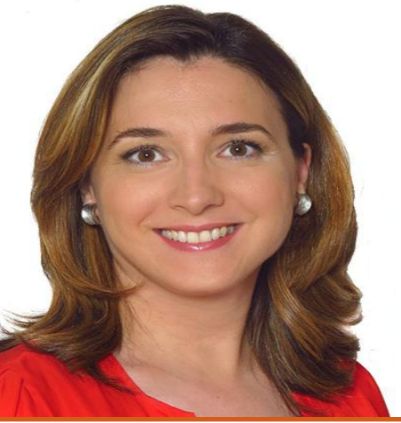The BRICS countries are increasingly having a significant impact on the global economy and political arena. With the addition of new members Egypt, Ethiopia, Iran, Saudi Arabia, and the United Arab Emirates to Brazil, Russia, India, China, and South Africa, this group has become a crucial power center supporting a multipolar world order.
Based on this, the Ankara Crisis and Politics Research Center (ANKASAM) presents to your attention the opinions received from Dr. Mihaela Papa, a Senior Researcher at the Fletcher School of Tufts University, regarding the role of BRICS countries in the global economy.
1. Which are the BRICS countries? Can you give information about BRICS?
The BRICS group is a strategic partnership of ten countries: Brazil, Russia, India, China, South Africa (BRICS) and new members – Egypt, Ethiopia, Iran, Saudi Arabia and the United Arab Emirates. These countries coordinate their policies to foster a more multipolar world order, advocate for reform in global institutions, and address the needs of emerging economies and developing countries. The BRICS group functions as an informal institution, organizing annual summits, engaging in extensive transgovernmental cooperation, and facilitating civil society interactions. Originally conceived as a Brazil–Russia–India–China (BRIC) foreign ministers’ grouping in 2006, it evolved into an independent entity in 2009 and decided to include South Africa a year later. The group’s second enlargement, involving current members, was formalized in January 2024, thereby doubling the group’s membership.
2. How do you envision the role of BRICS countries in the global economy in the future?
This is both an economic and political question. Economically, when the group was established as an independent entity, it was meant to enhance cooperation among large and rapidly growing emerging market economies. Subsequently, the group welcomed smaller economies, and economic growth has diverged from early projections. However, the overall weight of the expanded BRICS makes the group an important global market force. The challenge for the group lies in managing internal economic asymmetries to advance economic agendas such as promoting intra-BRICS trade. Politically, the BRICS countries have been coordinating their efforts to transition away from the dollar and challenge the current structures of global economic governance, aiming to ensure that these structures better represent their interests and ambitions.
3. In which areas do you think the institutional development of BRICS should focus in the coming years and how can this development contribute to the internal and external relations of BRICS countries?
The BRICS group is cooperating on a wide range of issues, with major investments primarily directed towards development finance. The group currently prioritizes strengthening its economic partnership and innovation agendas, and it needs to explore how to best utilize the New Development Bank in this context. Its ability to address major global challenges such as the implementation of the Sustainable Development Goals, climate change, and artificial intelligence is crucial for shaping its global role. Moreover, the group needs to demonstrate how it can support the weakest members of the international system and contribute to global public goods.
Institutional development is a result of internal negotiations. Over time, we have witnessed the deepening of BRICS cooperation, wherein vague provisions have evolved into robust institutional output, the expansion of membership, and the broadening of issue area within the BRICS portfolio. Currently, numerous countries have formally applied to join the group or expressed interest, and decisions regarding enlargement will significantly impact the group’s future. For example, if BRICS were to add ten new members, cooperation might involve a wider range of issues but potentially less depth.
4. How do you think BRICS’ relations with international organizations such as the United Nations and the World Trade Organization can develop in the future and how can these relations shape international cooperation?
The BRICS group seeks to reform the system of global governance, including the UN Security Council, the Bretton Woods institutions, the World Trade Organization, and numerous other institutions. For the group to be effective, it needs to reach consensus and speak with one voice. This was challenging when the group had only five members, and now with ten members, it is even more difficult. However, these countries are eager to collaborate, and together they have greater bargaining power, suggesting that changes to the status quo are likely in the future.

